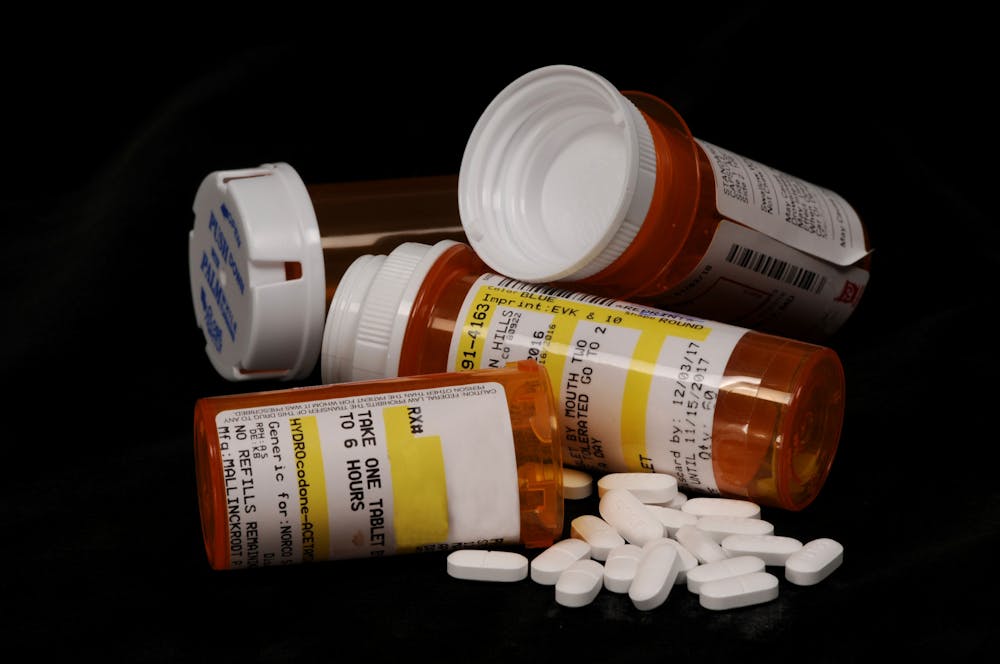By Aneri Upadhyay
Staff Writer
Opioid overdose medication may now be offered over the counter after support from the Food and Drug Administration.
The United States’ FDA unanimously supported the production of Narcan, a nasal spray containing naloxone, to be sold without a prescription required.
Naloxone binds to opioid receptors in the brain, thus reducing and reversing the effects of opioids like heroin and fentanyl, according to the CDC. It is mainly used to reverse the effects of reduced breathing from opioids, restoring normal breathing rhythms within 3 minutes. Naloxone is special because it has no effect on an individual not suffering from an opioid overdose, so it can be used on someone who is overdosing on an unknown substance with minimal consequences.
Emergent BioSolutions has created the spray, as reported by NPR. Dr. Katalin Roth, a professor of medicine at the George Washington University School of Medicine & Health Sciences, is optimistic about Narcan having the potential to save lives.
“For the sake of the public and saving lives, I believe this medication should be available over the counter to the public as soon as possible,” he said.
One concern with this potential medication, however, is that the price of it is unknown. This could be an issue because it might not be accessible to everyone, therefore limiting how many people can actually benefit from it.
Dr. Brian Hurley, an addiction physician and president-elect of the American Society of Addiction Medicine, spoke on the importance of Narcan despite its potential cost.
“For people who can afford the formulations of Narcan that are advancing towards over-the-counter status, I think this is a step forward to naloxone access,” he said as stated by NPR. “Having additional pathways for people to be able to reverse opioid overdose is important.”
There are also concerns about whether it is safe for people to administer naloxone without a professional. An FDA panelist, Brian Bateman, addressed these concerns.
After the vote, he stated that, although there can be improvements, “the evidence we saw today provides clear indications that the drug can be used without direction of the healthcare provider.”
One improvement regards the instructions on the spray. As reported by AP News, the participants in Emergent’s study had trouble following the directions on the medicine. This was due to the instructions being on two sides of the container, leading to confusion on the order of the different steps. Emergent plans to print the instructions on one side and add pictures for guidance to avoid confusion.
According to Reuters, the FDA is expected to make a decision on the over-the-counter sale of Narcan by the end of March. If approved, it will be a big step towards more accessibility in opioid treatments for the general public.
The National Institute on Drug Abuse reported 80,411 opioid-overdose related deaths throughout the United States in 2021. This is a stark contrast from 2020, when there were 68,630 opioid-related deaths nationwide. The drastic increase of deaths within one year is indicative of the need for prevention.
If interested, the College’s Collegiate Recovery Program partners with the Collegiate Recovery Community to host Opioid Overdose Reversal Training, commonly referred to as Narcan Training, every semester. There is also a limited supply of medication on campus through CAPS and Alcohol and Other Drug Support Services if needed. The College offers an amnesty policy in which students contacting college or local authorities for help due to a drug overdose will not be charged for the unlawful use and possession of a drug. The College, however, may require an evaluation or educational program for the students.







